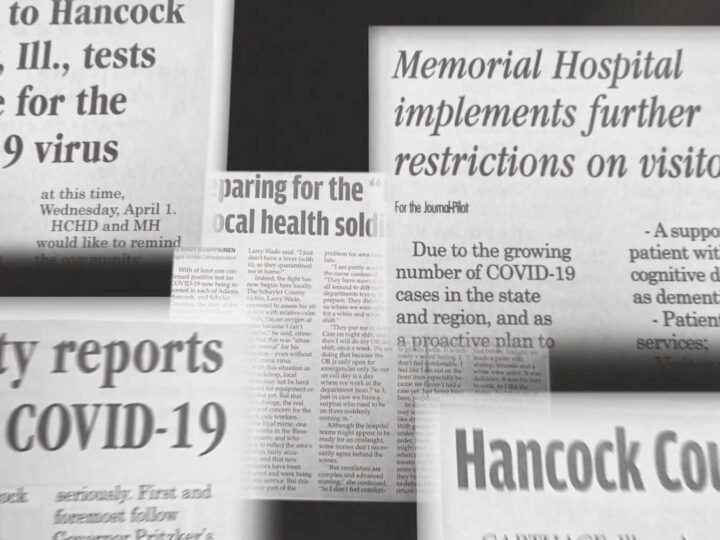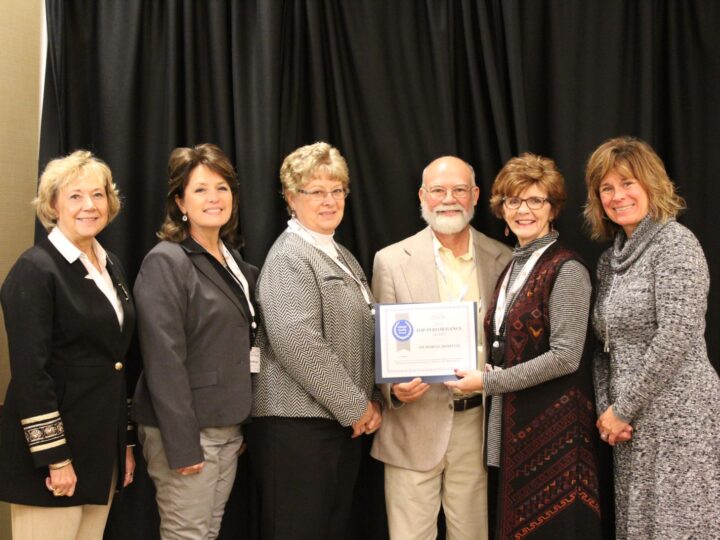
If you suffer from seasonal allergies, you could get a jump on the upcoming season with a therapy aimed at helping you reduce symptoms before they start and helping you build long-term tolerance. Available at the Memorial Institute of Health & Healing, sublingual immunotherapy or allergy drops could help you build tolerance to essential tree or grass pollen allergies. The objective? Fewer symptoms are observed once pollens are in full bloom, and ultimately, symptoms are eliminated. Sublingual immunotherapy works similarly to allergy shots. However, doses of allergens are delivered under the tongue in a liquid form.
Spring’s blooming trees and grass can impact nearly 20 percent of the population. Hay fever, or seasonal allergic rhinitis, affects an estimated 40 to 60 million Americans and causes symptoms like sneezing, itchy and watery eyes, runny nose, and a burning or itchy sensation in the throat or palate. Spring allergies are mostly commonly caused by tree and grass pollen. However, spring molds can release spores into the air and impact allergy sufferers. Wet winters can provide an ideal breeding ground for mold.
Seasonal weather fluctuations can affect the severity of the upcoming allergy seasons. Rain can decrease and increase various pollen counts. While we may experience initial relief from rain’s ability to reduce tree pollen counts, it may also spur the growth of grass pollen later in the spring, as well as mold allergies.
Allergy sufferers can follow local pollen counts to gauge pollen fluctuations. Symptoms may be lower on days that are rainy, cloudy, or windless because pollen does not move or has limited movement during these conditions. Likewise, hot, dry, and windy weather signals more significant pollen and mold distribution and may cause greater allergy symptoms. Allergic reactions can range from simple sneezing to more severe reactions. Allergies can also cause skin irritations and breathing problems or asthma. Over time, the symptoms can also cause fatigue, insomnia, and problems with concentration and work performance. They can also increase the risk of ear infections and sinusitis. For people with other allergies, including foods, seasonal allergens can add to the allergic burden and aggravate other allergic conditions.
The first step toward treating allergies is a physical exam, review of medical history, and testing to identify specific allergens and the level of sensitivity in order to develop a custom treatment based on the patient’s unique allergic fingerprint. Year-round immunotherapy is often recommended if symptoms continue or last throughout the year. Memorial Institute of Health & Healing offers sublingual immunotherapy year-round to treat a variety of allergens as well as preseasonal therapy for those with limited seasonal allergies. This treatment helps the immune system learn to tolerate an individual’s specific allergies and lessens the symptoms and the need for future medications. The drops can be taken at home by the patient, eliminating the need for frequent office visits for treatment. Allergy drops also enable a broader range of patients with a wider range of allergies to be treated, including common seasonal allergies, as well as year-round offenders like pet dander, dust, and mold. Because of the excellent safety profile of allergy drops, young children, asthmatics, highly sensitive patients, and those with other related chronic conditions can be treated.
For more information about allergy treatment options or appointments, contact Memorial Institute of Health & Healing at 217-357-6815.







